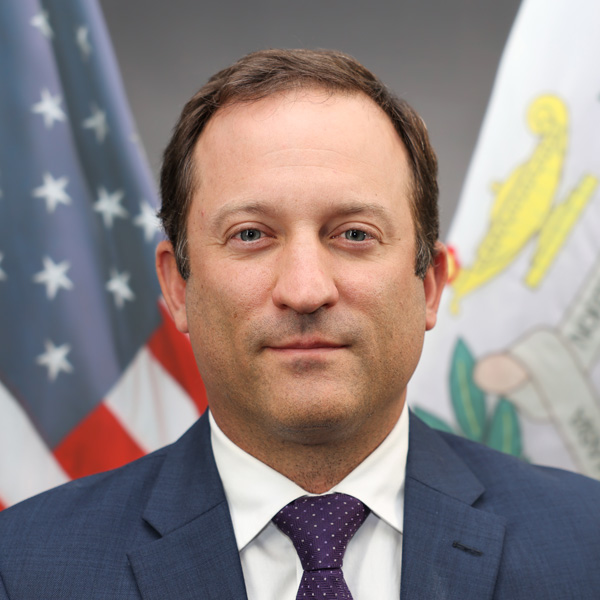Dr. Mohan Malik was recently invited to contribute to a blog run by the U.S. National Intelligence Council on its forthcoming report, Global Trends 2030: Alternative Worlds. This major report will be released late this year and will assess key drivers of strategic change in the international system over coming decades.
Excerpt:
“Rising powers are never status-quo powers. Whenever opportunity presents itself, rising powers flex their muscles and test influence. New players don’t play by the old rules. They seek to recast their region in their image. Their membership of the existing institutions changes the nature and role of the institutions themselves. In times of power transitions, rising powers seek to remake existing international systems.
China remains a non-status-quo power-in terms of territory, status and influence. Like other great powers in the past, China is also laying down new markers, drawing new lines in the land, water, sand and snow all around its periphery. Increased assertiveness signals transition from Deng Xiaoping’s strategic directive of “hiding capabilities to bide our time, and never taking the lead” to “seizing opportunities, taking the lead and showing off capabilities to shape others’ choices in China’s favor.”
China will behave as other great powers have behaved in history: it will carve out spheres of influence, establish a network of friends and allies to establish a pro-Beijing balance-of-power; secure access to natural resources, markets and bases; reform old and form new institutions; and establish a regional order that would serve Chinese interests and undermine those of its rivals. Power shifts have already created pressure for the reform of global institutions in which China, India and other emerging economies are not fully represented: the World Bank and the IMF and the UN Security Council. The exclusive G-7 has given way to the G-20. There has been a proliferation of regional and global organizations in sync with the re-configuration of power: APEC, ARF, APT, BRICS, IBSA, EAS, and ADMM+8.”
You can read his full article online at: http://gt2030.com/2012/06/06/the-international-order-in-the-age-of-china-versus-the-rest/
—–
Mohan Malik is Professor in Asian Security at the Asia-Pacific Center for Security Studies, Honolulu.
-END-
The views expressed in these articles are those of the authors and do not reflect the official policy or position of APCSS, the U.S. Pacific Command, the U.S. Department of Defense, or the U.S. government.









Dear Dr Malik,
You paint quite a fearful view of China’s rise as the next ‘bully on the block’. Is this your intention? Her rise is much more nuanced than I understand even from your full article, and I refer you to China observers in the country, such as Louisa Lim
http://www.npr.org/2012/02/13/146694242/hopes-fears-surround-chinas-transition-of-power?ps=rs
It remains to be seen how China’s future will pan out under the potential new regime of likely future president Xi Jinping and premier Li Keqiang. But it is more bright than bleak. Both are of a different generation, from a more open era of education, and will have plenty of issues internal to China to wrestle with.
And then there is the rise also of the rest of Asia
http://issat.dcaf.ch/Home/Community-of-Practice/Resource-Library/Other-Documents/Security-Sector-Development-in-the-Rising-Asia-Pacific
and the economic catch-up which is bound to come to Africa.
Best regards
Thammy Evans